Latest Articles
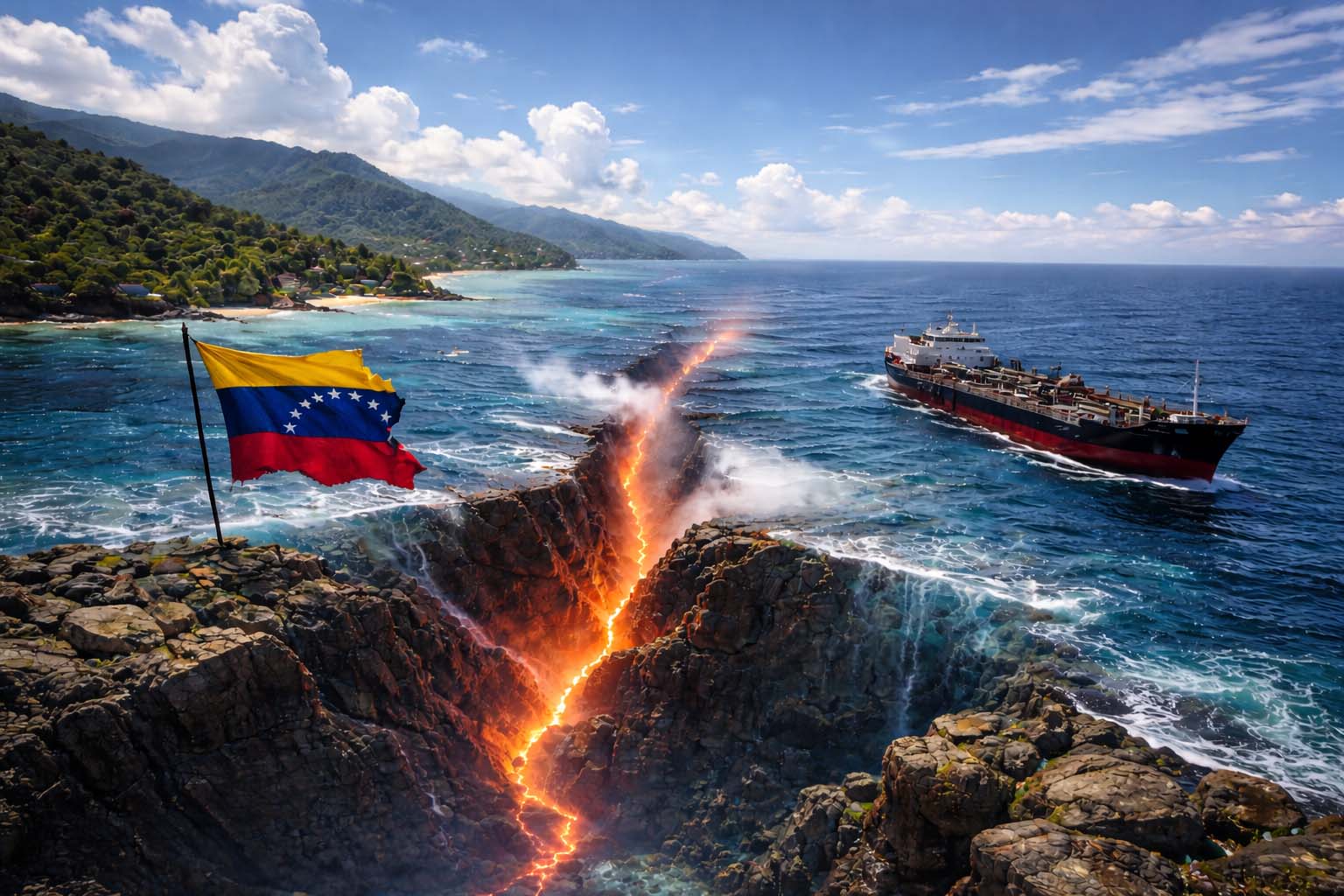
TECTONIC SHIFT IN VENEZUELA, BUT OIL PRICES STAY GROUNDED
Venezuela’s recent political upheaval has triggered renewed attention in global energy markets, but oil prices remain muted, with Brent crude […]
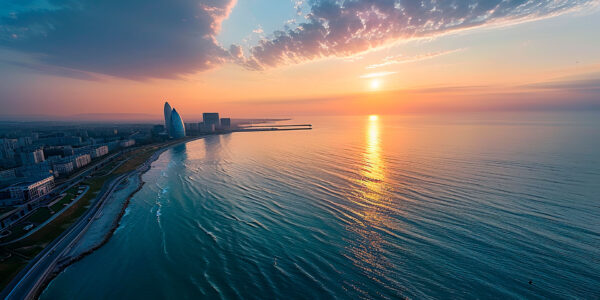
EUROPEAN ENERGY SHIFT GETS A BOOST FROM AZERBAIJAN
For some time, Azerbaijan has been seen as one of Brussels’ allies in its efforts to diversify energy imports. However, […]
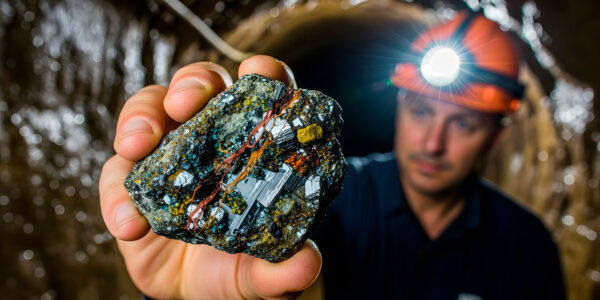
CRITICAL RAW MATERIALS AND WHERE TO FIND THEM
Europe had grown used to living from winter to winter. Once gas storage facilities were filled and January passed, survival […]
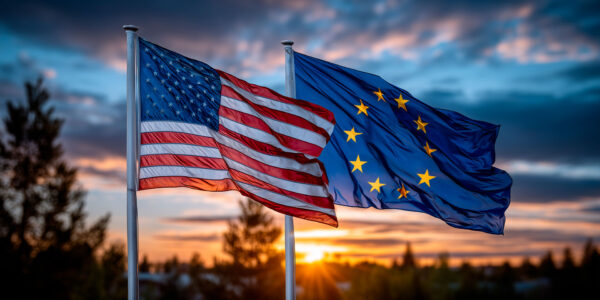
A STRATEGIC RESET: REIMAGINING THE EU-US ENERGY ALLIANCE
Europe is facing new challenges in the energy sector that are fundamentally reshaping its strategy. The pivotal decision to abandon […]
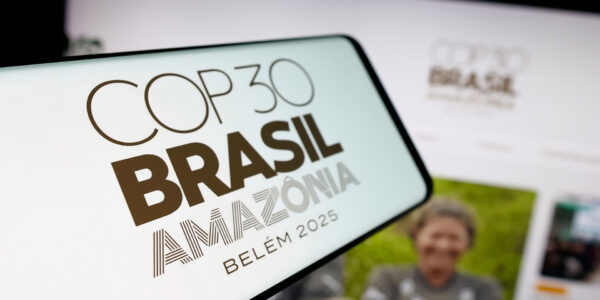
DATA-DRIVEN TECHNOLOGY FOR CLIMATE ACTION: FRIEND OR FOE?
This November, COP30 convened in Belém, Brazil — marking a historic milestone as the first COP summit to place artificial […]
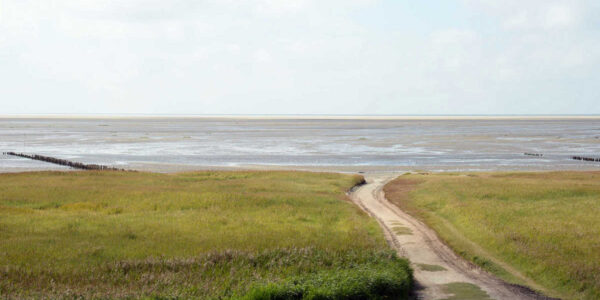
NORD STREAM REVIVAL: A COMEBACK FOR RUSSIAN GAS?
The prospect of reviving the Nord Stream 2 pipeline has been emerging since the very start of the new US […]
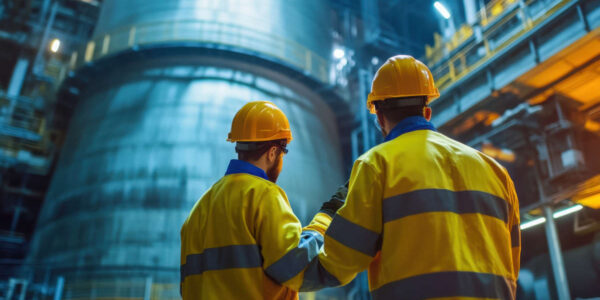
WILL GERMANY REJOIN THE NUCLEAR FAMILY?
Germany long ago decided to abandon nuclear power, but international momentum and the energy lobby are calling the rationality of […]
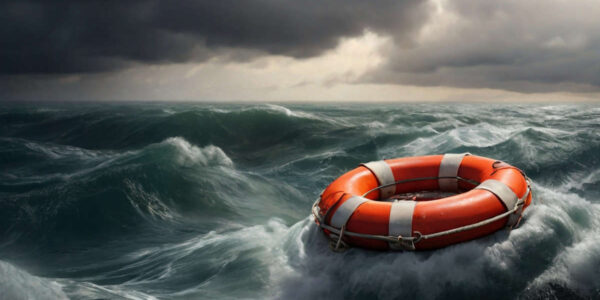
GAS FOR EUROPE: A PIVOT FROM WEST TO EAST
From January to November 2024, despite the conflict in Ukraine, EU countries spent a record €6.3 billion on Russian gas, […]

Impact of the Russian LPG Ban on the European Economy: Challenges and Consequences
The EU has decided to expand its list of sanctioned goods and add a ban on liquefied petroleum gas (LPG) imports from Russia to the already extensive list of foreign trade restrictions. Although Russia’s share of supplies is small, the ban could nevertheless be a destabilising factor for a number of sectors of the European economy.
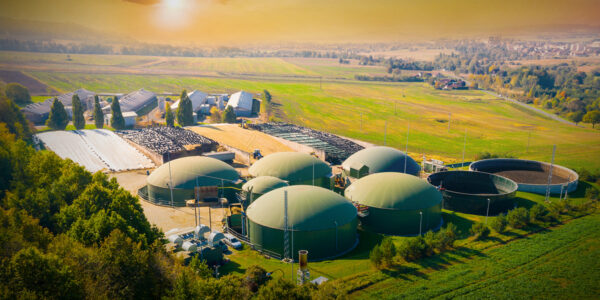
Fit for 55 Could Boost LNG Imports
The energy landscape in Europe is undergoing a profound transformation. The European Union is striving to meet ambitious climate goals, but in the meantime the region’s reliance on cleaner fossil fuels such as liquefied natural gas (LNG) is expected to increase significantly. This article explores the complex dynamics at play, focusing on the intersection of the EU’s green agenda, growing demand for LNG, and the geopolitical challenges that shape Europe’s energy security.
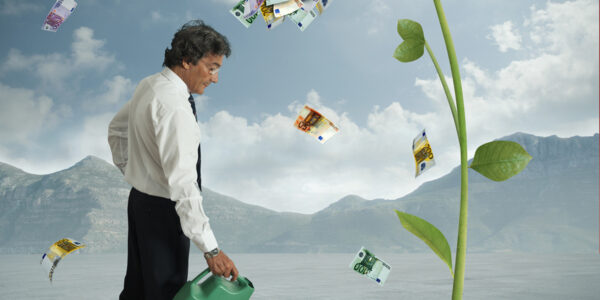
Germany’s Energy Policy Under Pressure: Balancing Green Ambitions with Political Realities
The energy debate in Germany has taken on a new urgency as the far-right party Alternative für Deutschland (AfD) surges in the polls, challenging the country’s green energy transition. Known for its strong opposition to the Green Party’s and the government’s climate policies, the AfD has managed to sharpen its political profile, capitalizing on growing public concerns over the economic and social costs of Germany’s ambitious energy goals.
